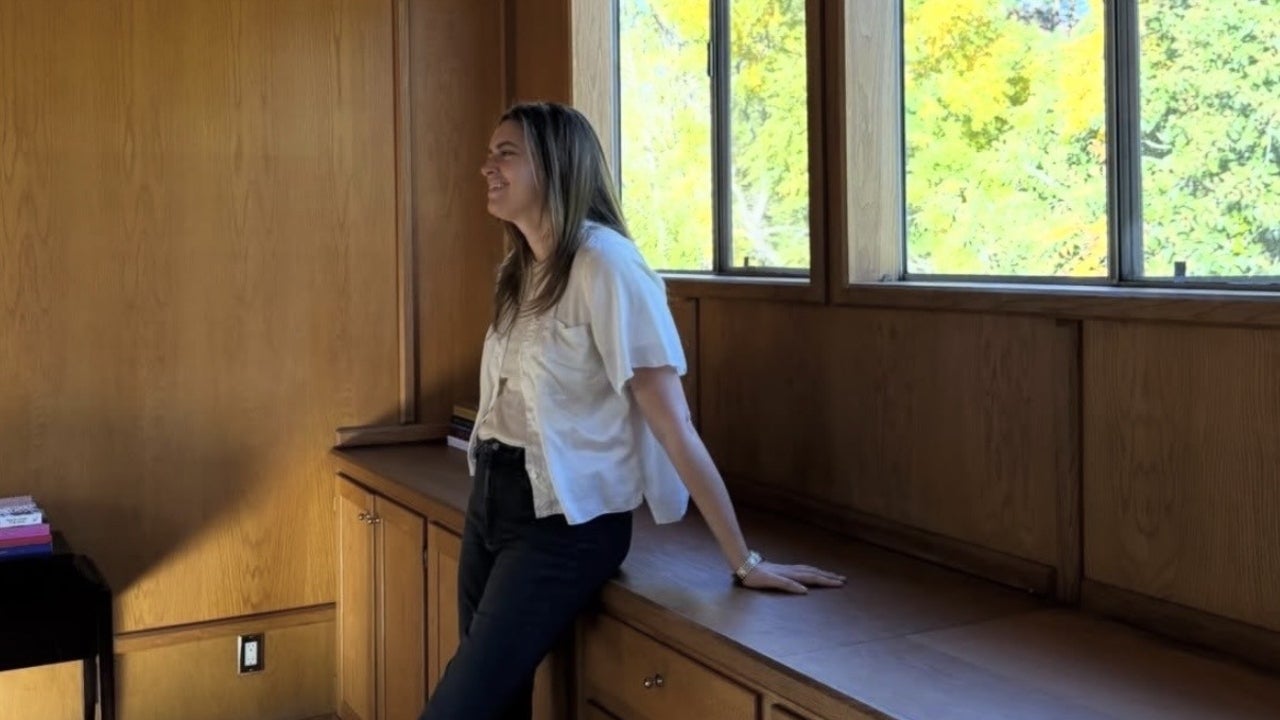Hawaii to make sweeping tourism changes in bid to combat climate change
Governor Josh Green commented other states and countries will need to take similar action to address climate disasters

Hawaii has enacted a law to increase taxes on hotel rooms and vacation rentals, with the goal of generating funds to combat climate change effects such as shoreline erosion and wildfires.
Signed into law on Tuesday by Governor Josh Green, the legislation is projected to generate around $100 million each year. These funds will support initiatives, including replenishing sand on Waikiki beaches, promoting the use of hurricane clips to secure roofs, and removing flammable invasive grasses that contributed to the devastating Lahaina wildfire.
The move follows the Maui wildfire nearly two years ago, which resulted in 102 fatalities and the destruction of most of Lahaina.
Speaking at the bill signing ceremony, Governor Green emphasised the necessity of measures such as building firebreaks and employing a fire marshal—a role established post-Lahaina, which he anticipates filling within two months.
Green added that other states and countries will need to take similar action to address climate disasters.
“There will be no way to deal with these crises without some forward-thinking mechanism,” Green said.
The measure adds an additional 0.75 per cent to the daily room rate tax starting Jan. 1. Green said this amounts to an extra $3 tax on a $400 hotel room rate.

It also levies a new 11 per cent tax on cruise ship bills starting July 2026, prorated for the number of days the vessels are in Hawaii ports, to bring cruise ship taxes in line with room taxes on land.
Travelers to Hawaii already pay a significant room tax. With the new law, the state’s existing 10.25 per cent tax on short-term accommodations will climb to 11 per cent. Together with other state and county taxes, visitors will pay a nearly 19 per cent levy on their accommodations — one of the highest rates in the country.
Hawaii's hotels ultimately supported the bill, saying it would help improve the visitor experience. Green said the industry looked at “the greater good” for tourism, Hawaii and the planet.
Green initially proposed a bill that would put revenue from the tax increase into a dedicated fund, but lawmakers instead put the money into the state's general fund.
Their compromise measure calls on the governor to request funds from the Legislature for projects in the following areas: protecting native forests, plants and animals; enhancing climate resilience; and mitigating the effects of tourism on the environment. Green said they will collaborate to implement the law.
State Representative Adrian Tam, the chairperson of the House tourism committee, said the state must earn the public's trust that it will spend the money transparently and in the best way possible. He noted Hawaii's tourism economy relies on a brand that's in part dependent on a pristine natural environment.
“The visitor industry will struggle if we do not take action now," said Tam, a Democrat representing Waikiki. "There will be nothing left for them to showcase to the rest of the world if our beaches are decimated, wildfires have taken over our towns and hikes left unmanaged.”

 Tekef
Tekef 
































